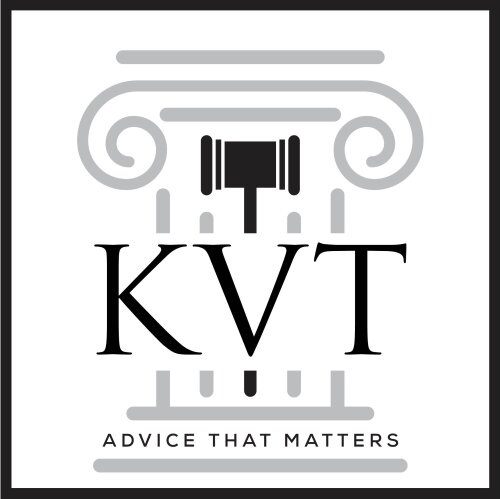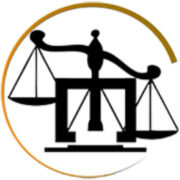Best Collaborative Law Lawyers in Mumbai
Share your needs with us, get contacted by law firms.
Free. Takes 2 min.
Free Guide to Hiring a Family Lawyer
List of the best lawyers in Mumbai, India
About Collaborative Law in Mumbai, India:
Collaborative Law is a legal practice where both parties involved in a dispute work together with their respective lawyers to find a mutually acceptable solution. This approach focuses on communication, transparency, and cooperation to resolve conflicts outside of the courtroom.
Why You May Need a Lawyer:
You may need a lawyer in collaborative law to ensure your rights and interests are protected during the negotiation process. A lawyer can provide legal advice, represent you in meetings, and help draft agreements to ensure they are legally binding.
Local Laws Overview:
In Mumbai, India, collaborative law is governed by the Indian legal system, where parties have the freedom to choose their own terms of settlement. It is essential to understand the Indian Contract Act, 1872, and the specifics of collaborative law in Mumbai to ensure a successful resolution.
Frequently Asked Questions:
1. What is the role of a collaborative lawyer?
A collaborative lawyer assists clients in negotiating a settlement outside of court, focusing on cooperative problem-solving and communication.
2. How is collaborative law different from traditional litigation?
Collaborative law emphasizes cooperation and reaching a mutually beneficial agreement, while litigation involves going to court for a resolution.
3. Can I still go to court if collaborative law fails?
If collaborative law fails, both parties must hire new lawyers to represent them in court, as the collaborative lawyers are unable to continue the case.
4. What types of disputes can be resolved through collaborative law?
Collaborative law is commonly used for family law matters such as divorce, child custody, and property division, but can be applied to various civil disputes.
5. How long does the collaborative law process take?
The timeline for collaborative law varies depending on the complexity of the case and the willingness of both parties to cooperate. On average, the process can take several months to a year.
6. Are the agreements reached through collaborative law legally binding?
Yes, the agreements reached through collaborative law are legally binding once signed by both parties and submitted to the court for approval.
7. Can I choose my collaborative lawyer?
Yes, you have the freedom to choose your collaborative lawyer, who must be trained in collaborative law practices.
8. What are the benefits of collaborative law?
The benefits of collaborative law include cost-effectiveness, privacy, flexibility in decision-making, and a focus on preserving relationships.
9. What happens if one party is not honest during the collaborative law process?
If one party is not honest or fails to disclose information, it can undermine the collaborative law process and lead to termination. Both parties must be transparent for the process to be successful.
10. Can collaborative law be used for business disputes?
Yes, collaborative law can be used for business disputes, employment matters, and other civil disputes where parties are willing to work together towards a resolution.
Additional Resources:
For more information on collaborative law in Mumbai, India, you can contact the Mumbai Bar Association, Maharashtra State Legal Services Authority, or consult with a trained collaborative lawyer for guidance.
Next Steps:
If you require legal assistance in collaborative law in Mumbai, India, start by consulting with a collaborative lawyer who can assess your case and guide you through the process. Be prepared to communicate openly and work towards a cooperative resolution with the other party involved.
Lawzana helps you find the best lawyers and law firms in Mumbai through a curated and pre-screened list of qualified legal professionals. Our platform offers rankings and detailed profiles of attorneys and law firms, allowing you to compare based on practice areas, including Collaborative Law, experience, and client feedback.
Each profile includes a description of the firm's areas of practice, client reviews, team members and partners, year of establishment, spoken languages, office locations, contact information, social media presence, and any published articles or resources. Most firms on our platform speak English and are experienced in both local and international legal matters.
Get a quote from top-rated law firms in Mumbai, India — quickly, securely, and without unnecessary hassle.
Disclaimer:
The information provided on this page is for general informational purposes only and does not constitute legal advice. While we strive to ensure the accuracy and relevance of the content, legal information may change over time, and interpretations of the law can vary. You should always consult with a qualified legal professional for advice specific to your situation.
We disclaim all liability for actions taken or not taken based on the content of this page. If you believe any information is incorrect or outdated, please contact us, and we will review and update it where appropriate.
















